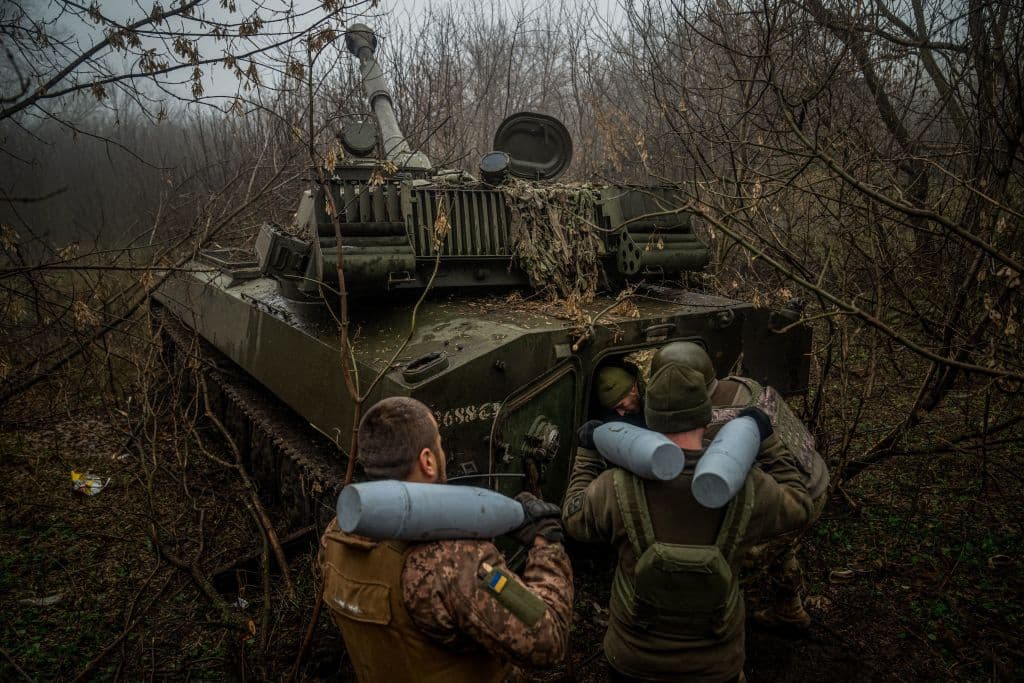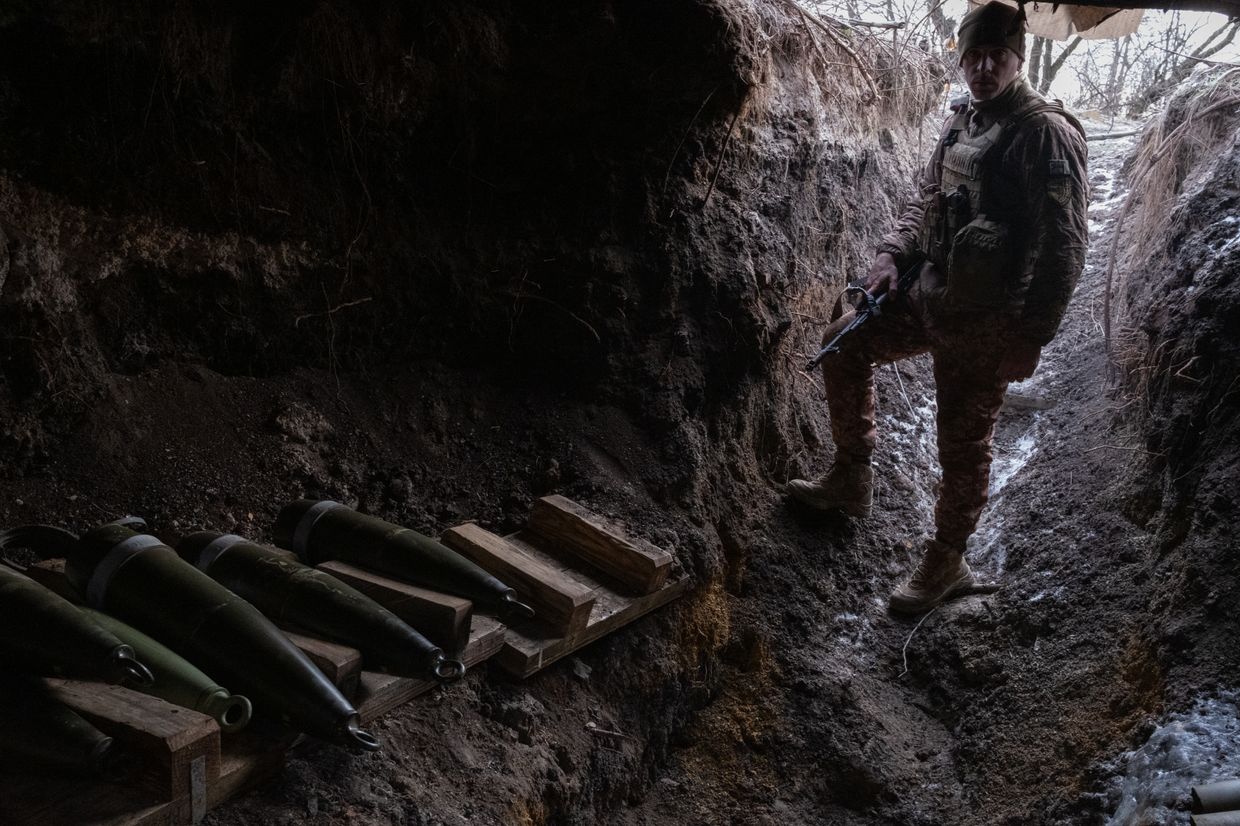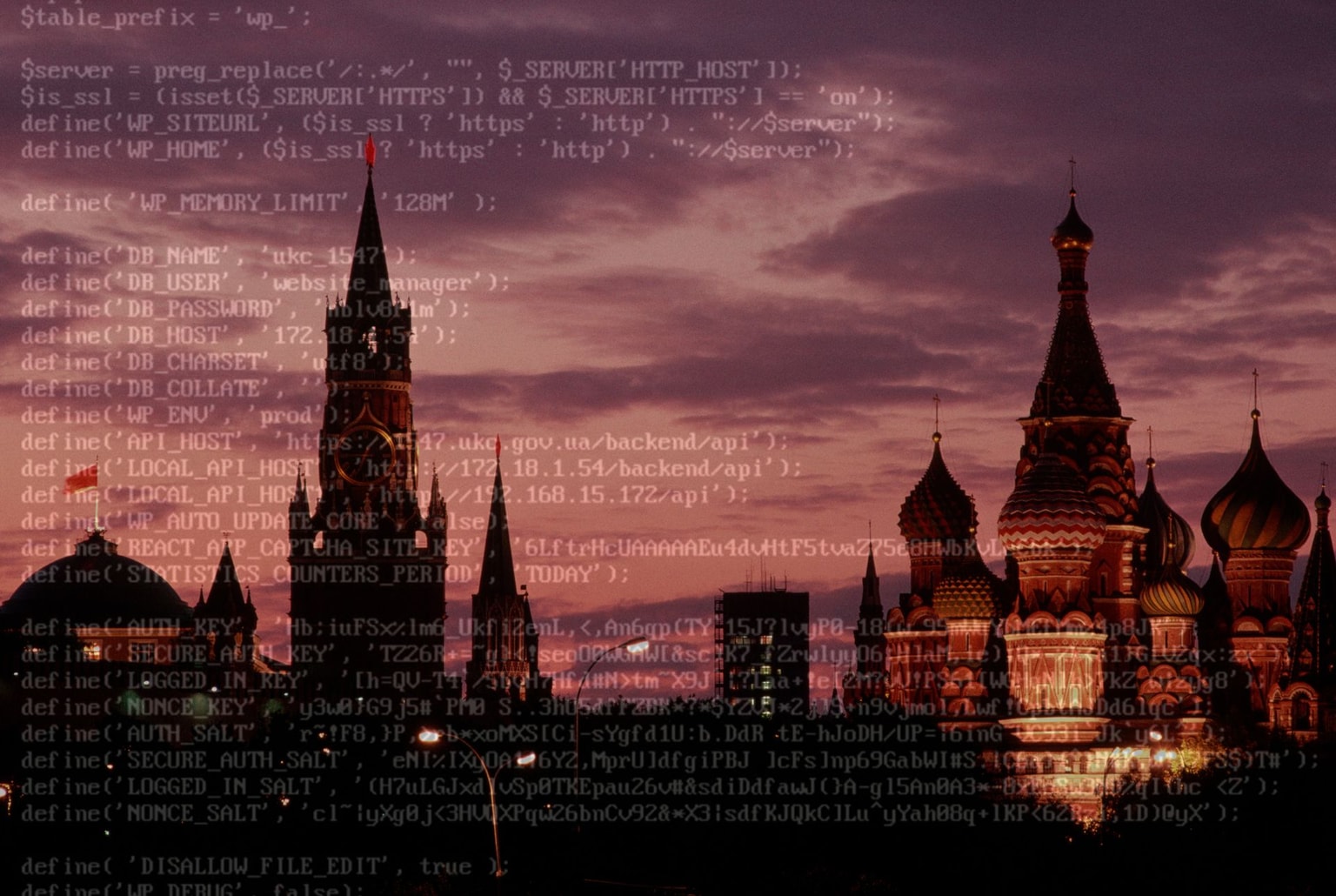WSJ: Ammunition suppliers for Czech-led initiative to aid Ukraine include Russian allies, Czech officials say

The ammunition suppliers taking part in the Czech-led initiative to provide Ukraine with artillery shells include "some allies of Russia," the Wall Street Journal (WSJ) reported, citing unnamed Czech officials.
Czech President Petr Pavel said in February that Prague had identified 500,000 155 mm shells and 300,000 122 mm shells outside the European Union that could be bought and sent to Ukraine after the necessary funds were allocated to the initiative.
Czech Prime Minister Petr Fiala said on March 12 that the initiative had secured the purchase of 300,000 shells and received nonbinding commitments for 200,000 more.
The Czech officials told WSJ that Prague had managed to utilize its good relations with many nations in the Global South that have large stockpiles of Soviet-era arms and the ability to produce more.
They did not specify which Russian allies were among the ammunition suppliers involved in the deal.
Similar requests by the U.S. and Western European countries to potential suppliers in Africa, Asia, and Latin America were previously rejected, according to Western officials cited by the media outlet.
Around 20 countries have so far joined the Czech-led initiative to help finance the delivery of ammunition. Germany has pledged over 500 million euros ($544 million), which is the biggest commitment among the participants, the Czech officials said.
Acting as a middleman, Czechia reportedly reached out to countries it knew had either the manufacturing capacity or compatible ammunition in storage and connected them with a Western country that would place an order and pay for shipping.
Czechia would then organize the logistics, with the supplies going either through its own borders or through third countries, covering any direct link between the country of origin and Ukraine so as not to reveal the supplier to Moscow, WSJ wrote.
"Confidentiality is key here: We talk and will talk to anyone, no matter what their allegiance or political stance is — with a very few exceptions, such as North Korea," Tomas Pojar, the Czech government's national security adviser, told the outlet.
The Czech initiative revealed a discrepancy between some governments' public friendliness toward Russia and their openness to privately doing business with Ukraine's allies, said Jan Jires, deputy minister of defense.
According to Fiala's security advisor, Tomas Pojar, the ammunition rounds could start flowing to Ukraine by June.
Artillery shells are a crucial capability for Ukraine as the country faces critical ammunition shortages. Delays in U.S. military assistance, caused by disputes in Congress, have already had a direct impact on the battlefield, contributing to the loss of the key front-line city of Avdiivka.















